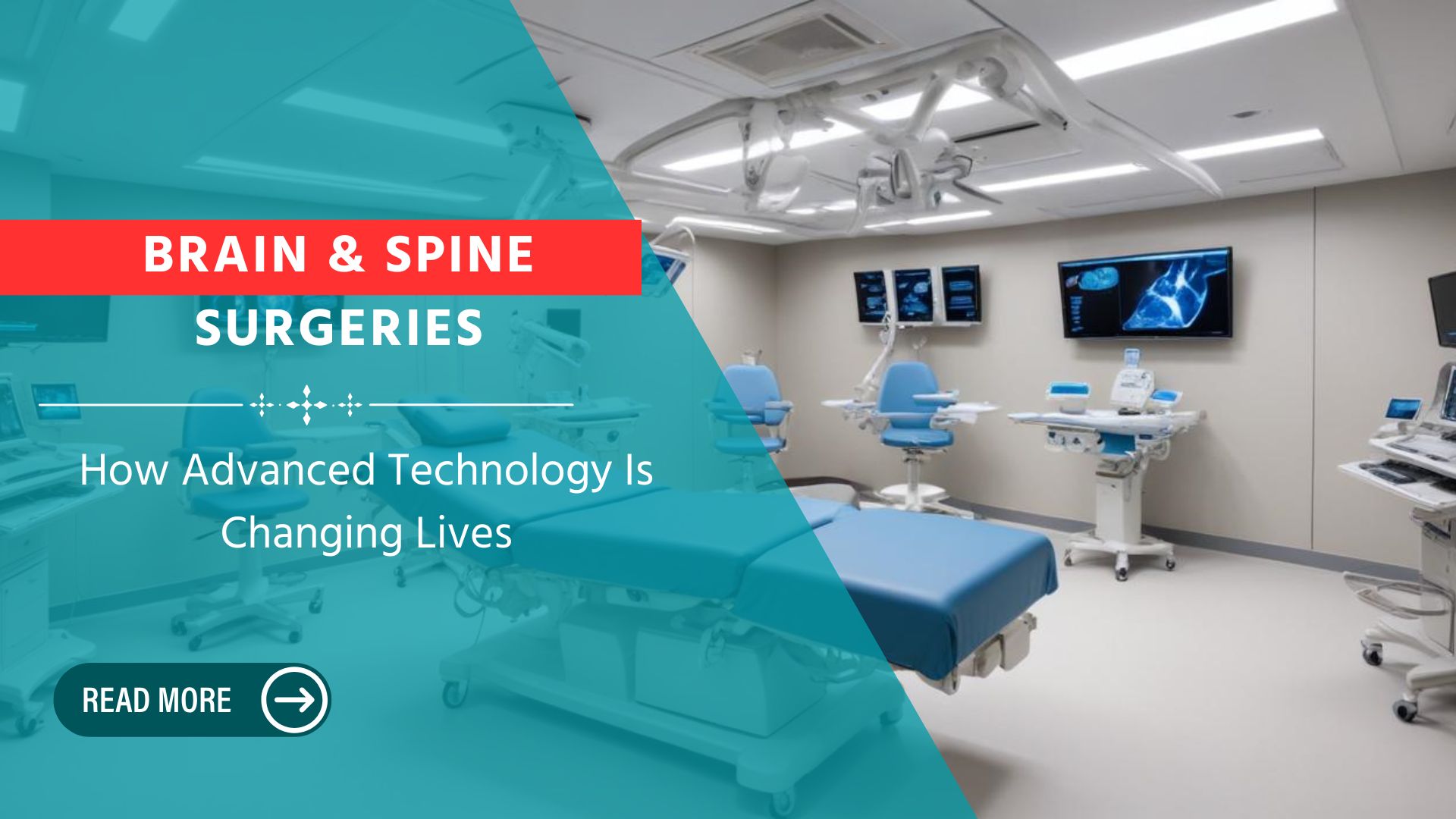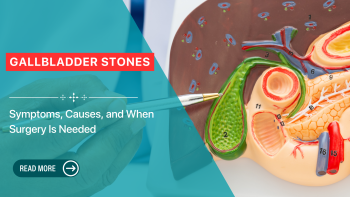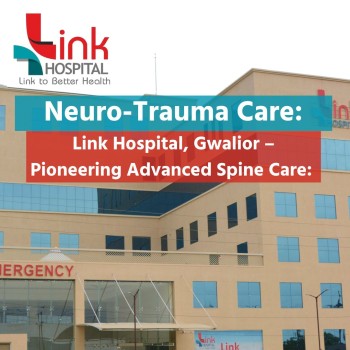Brain & Spine Surgeries: Neurological disorders, including brain tumours, spinal cord injuries, and degenerative spine conditions, are among the most complex medical challenges. In the past, surgical interventions carried significant risks due to the delicate and intricate nature of the nervous system. Today, thanks to advanced technology and innovative surgical techniques, outcomes for patients with brain and spine disorders have improved dramatically.
At Link
Hospital, Gwalior, patients benefit from Advanced neurosurgical
care delivered by highly skilled specialists using cutting-edge equipment,
ensuring precise, safe, and effective treatments.
Understanding Brain &
Spine Disorders
Brain and spine conditions can arise due
to multiple factors, including trauma, infections, tumours, congenital
anomalies, and degenerative changes. Common neurological and spinal issues
include:
●
Brain Tumours: Abnormal growths that can be
benign or malignant, affecting neurological function.
●
Spinal Disorders: Herniated discs, spinal
stenosis, degenerative spine disease, and fractures.
●
Traumatic Brain & Spinal Injuries:
Resulting from accidents or falls, often requiring urgent intervention.
●
Neurodegenerative Diseases: Conditions like
Parkinson’s or spinal cord compression that require precise management.
Early diagnosis and timely surgical
intervention are critical to prevent permanent neurological deficits and
improve quality of life.
How Advanced Technology is
Transforming Neurosurgery
Modern neuro and spine surgeries leverage a combination of imaging,
robotics, and minimally invasive techniques to improve outcomes and reduce
complications. Key technological advancements include:
1. Neuro Navigation
Systems
●
These systems function like a GPS
for the brain and spine, allowing surgeons to navigate complex anatomy with
millimetre precision.
●
They help in removing tumours or
correcting spinal deformities while minimising damage to surrounding tissues.
2. Robotic-Assisted Spine
Surgery
●
Robotics enhance accuracy during
spinal fusion, decompression, and implant placement.
●
Reduced surgical errors, smaller
incisions, and faster recovery times are major benefits.
3. Endoscopic &
Minimally Invasive Surgery
●
Endoscopic techniques allow
surgeons to operate through tiny openings using specialized cameras and
instruments.
●
Patients experience less pain, minimal scarring, and quicker
rehabilitation compared to traditional open surgery.
4. Advanced Imaging
Technology
●
MRI, CT, and intraoperative
imaging provide real-time guidance during surgery, ensuring precise tumour
removal or spinal correction.
●
Functional MRI and neuronavigation
help protect critical areas controlling speech, movement, and sensation.
5. Intraoperative
Neuromonitoring
●
Continuous monitoring of nerve
function during surgery ensures that vital pathways are preserved.
●
This technology significantly
reduces the risk of postoperative neurological deficits.
The Benefits of Advanced
Brain & Spine Surgery
The integration of these technologies has
revolutionised patient care. Benefits include:
●
Higher surgical precision and safety
●
Reduced hospital stay and recovery time
●
Lower risk of complications and infections
●
Better long-term functional outcomes
●
Improved quality of life for patients
At Link
Hospital, Gwalior, these advanced technologies are coupled with expert
clinical judgment, ensuring patients receive the most effective and
individualized treatment plans.
Why Choose Link Hospital for
Brain & Spine Care?
Link
Hospital is recognized as a leading multi-speciality hospital in Gwalior, known for its
advanced neurosurgical and spine care.
Key Highlights:
●
Experienced Neurosurgeons & Spine Specialists: Highly skilled doctors with extensive experience in complex
neurological and spinal surgeries.
● Advanced Operating Theatres: Equipped
with modern neuro navigation, robotic systems, and minimally invasive surgical
tools.
●
Comprehensive Care: From diagnosis and surgery
to rehabilitation, patients receive complete support.
●
Patient-Centric Approach: Personalized
treatment plans focusing on safety, recovery, and long-term well-being.
Patients benefit from a multidisciplinary team, including
neurologists, anesthetists, physiotherapists, and rehabilitation experts,
ensuring holistic care.
Preparing for Brain &
Spine Surgery
Proper preparation and post-operative
care are critical for successful outcomes:
●
Pre-Surgery: Comprehensive diagnostic tests,
imaging studies, and consultations with specialists.
●
During Surgery: Advanced monitoring,
anesthesia, and minimally invasive techniques to minimize risks.
●
Post-Surgery: Physical therapy,
rehabilitation, and lifestyle guidance to maximize recovery and prevent
recurrence.
At Link
Hospital, every stage is handled with precision, compassion, and expertise,
ensuring patients and families feel confident and supported.
Conclusion
Advanced technology has transformed brain
and spine surgeries, making treatments safer, more precise, and highly
effective. With early diagnosis, expert surgical care, and comprehensive
post-operative support, patients can regain function, reduce pain, and
significantly improve their quality of life.
Link
Hospital, Gwalior, stands at the forefront of this
revolution, offering world-class neurosurgical and spine care with Advanced technology and a dedicated team of specialists.
If you or your loved ones are facing brain or spine-related issues, visit Link Hospital, Gwalior, and experience advanced, compassionate care that truly changes lives.










